#Classical Japanese literature
Text
Nothing
in the world
is usual today.
This is
the first morning.
—Izumi Shikibu (trans. Jane Hirshfield and Mariko Oratani, from The Ink Dark Moon)
#izumi shikibu#poetry#quotes#literature#mariko aratani#jane hirshfield#japanese poetry#the ink dark moon#poem#classical japanese literature#ellis reads#happy new year#<3
149 notes
·
View notes
Link
A long time ago, what was a man thinking, when he composed this?
Thoughts,
better left
unsaid
for there is truly no one
thinking like myself.
#The Tales of Ise#Ise monogatari#伊勢物語#original translation#Japanese literature#Japanese poetry#classical literature#Classical Japanese literature#literature quotes#book quotes
17 notes
·
View notes
Note
Hi, I'm trying to find the original Japanese of some poems of Shotetsu. Would you be able to help me or could you direct me to someone who would be able to? Thank you, Shawn
Hi. Sorry for a late reply.
Yes, I may be able help you.
1 note
·
View note
Text
Day 12 of Translating the Hyakunin Isshu: Sōjō Henjō, of the 36 Poetry Immortals of Japan
Twitter
Patreon
GitHub
LinkedIn
YouTube
Welcome to Day 12 of our poetic journey through the Hyakunin Isshu. Today, we delve into the fascinating world of the poet Sōjō Henjō (僧正遍昭). Renowned for his contributions to Japanese literature during the early Heian period, Henjō’s poetry showcases his deep connection to nature and the human experience.
In this beautiful poem, Henjō paints a vivid…
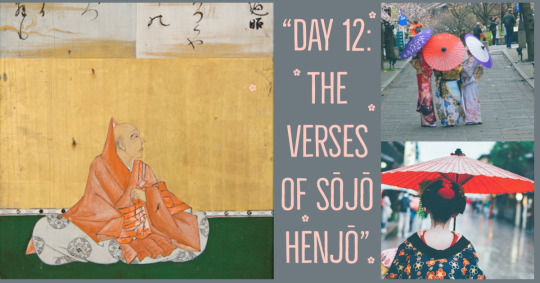
View On WordPress
#Ancient verses#Art of Translation#Bridging cultures#Buddhist monks#Classical Japanese literature#Cross-cultural exchange#Cultural adaptation#Cultural significance#Heian period#Japanese cultural heritage#japanese history#Japanese literary tradition#Japanese philosophy#japanese poetry#Japanese poets#Language and Culture#Language Artistry#Linguistic nuances#Literary craftsmanship#Literary exploration#Literary preservation#Localization theory#Multilingualism#Poetic expressions#Poetry appreciation#Sōjō Henjō#Transcreation#Translating ancient poems#Translation challenge#Translators’ community
2 notes
·
View notes
Text
I was always hungry for love. Just once, I wanted to know what it was like to get my fill of it -- to be fed so much love I couldn't take any more. Just once.
- Haruki Murakami, Norwegian Wood
#quotes#books#literature#lit#classics#academia#light academia#dark academia#chaotic academia#book#book quotes#quotation#Haruki Murakami#Murakami#Norwegian Wood#Fiction#Romance#Japanese Literature
2K notes
·
View notes
Text


2023/06/05
really struggling to stay on track with summer school, so i’m back to living by the planner
#lupusmaxima#dark academia#bookblr#chaotic academia#brown#coffee#beige#literature#studyblr#classical literature#planner#aesthetic#matcha#green#macarons#sweets#food#tea#keyboard#japanese#nihongo#日本語の学生
1K notes
·
View notes
Text

“To sit alone in the lamplight, with a book spread out before you, and hold intimate converse with men of unseen sensations— such is a pleasure beyond compare.”
Yoshida Kenko, Essays in Idleness 1340
Art: The Tale of Genji - Wakana by Yoshio Okada (1939-2021)
190 notes
·
View notes
Text
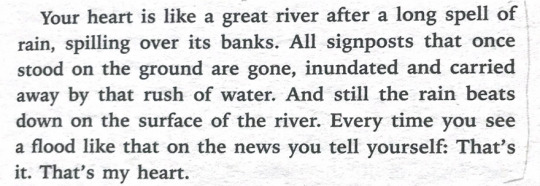
haruki murakami, kafka on the shore, p. 11
#hiyutekivigil#haruki murakami#kafka on the shore#japanese literature#literature#lit#quotes#words#books#academia#academia aesthetic#dark academia#light academia#chaotic academia#classic academia#dead poets society
251 notes
·
View notes
Text

— Sputnik Sweetheart, Haruki Murakami
#literature#myposts!#words#excerpts#classic literature#dark academia books#alternative literature#dark academia#books & libraries#classic academia#murakami#haruki murakami#sputnik sweetheart#haruki murakami quotes#japanese literature#modern literature#literature quotes#bestseller books#trending books
1K notes
·
View notes
Text



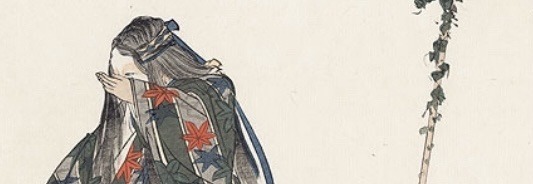

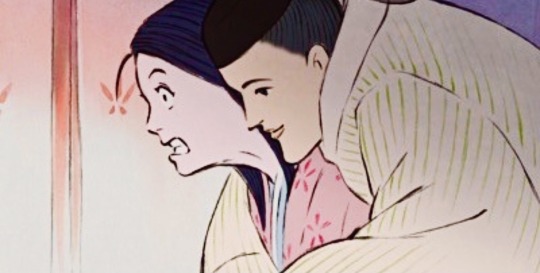
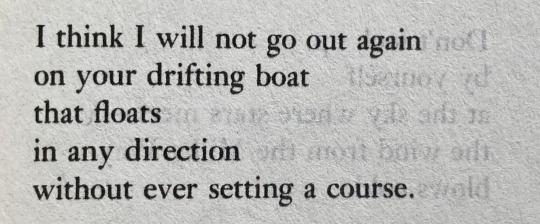

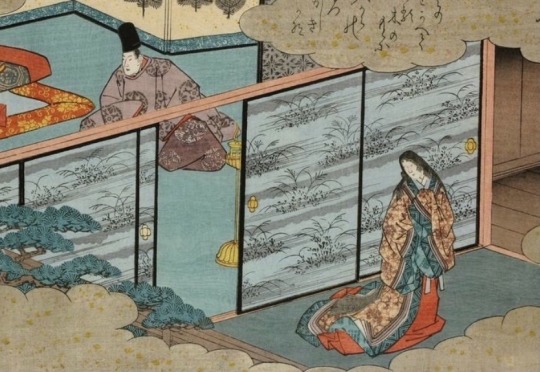
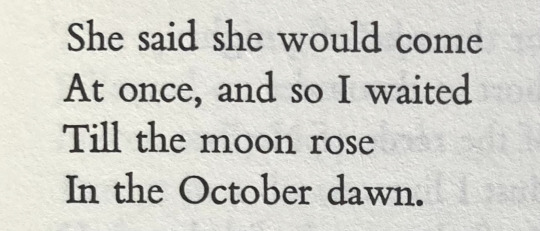
Women rejecting male suitors in premodern Japanese literature
‘Sotoba Komachi’ (14th century) by Kan'ami Kiyotsugu, trans. Donald Keene • Scene from It Was a Faint Dream (1974) dir. Akio Jissôji (based on Towazugatari (1306) by Lady Nijo) • The Tale of Genji (~1010) by Murasaki Shikibu, trans. Royall Tyler • Detail from Unai appearing as a young maiden (from Motomezuka, Act 1) by Tsukioka Kogyo (1900) • The Tale of the Bamboo Cutter (9th century) by Anonymous, trans. Donald Keene • Kaguya rejecting the emperor in The Tale of Princess Kaguya (2013) dir. Isao Takahata (based on The Tale of the Bamboo Cutter) • Untitled poem by Izumi Shikibu (11th century) trans. Jane Hirshfield and Mariko Aratani • Kagero Nikki (~974) by Michitsuna’s Mother, trans. Donald Keene • Utsusemi from "Fifty-four Chapters of The Tale of Genji” (1852) by Utagawa Hiroshige • Untitled poem (9th century) by Sosei, trans. Kenneth Rexroth
#classical japanese literature#japanese literature#japanese poetry#books#literature#classical literature#medieval#medieval literature#web weaving#ellis reads#the tale of genji#izumi shikibu#murasaki shikibu#ono no komachi#tale of genji#genji monogatari#sosei#the tale of the princess kaguya#i was thinking about how unusual it is to find a classical literary culture that so prominently features female rejection of male courtship#it appears in so many places. young women rejecting elegible suitors. wives rejecting husbands. lower rank women rejecting princes.#female rejection became a key part of the social and literary code#these rejections weren’t always respected by the suitors or condoned by the authors writing them or those around them#but they were nevertheless recorded and thus immortalised#and so we can remember michitsune’s mother not just as a passive victim of a patriarchal system but as one who asserted her agency to say no#circumstances made her powerless in many ways but she still exists and asserts her selfhood through her memoirs#it’s just. incredible and humbling#also ik Ukifune isn’t anywhere on this but she was the inspiration for it <3 thinking about her always
213 notes
·
View notes
Text
Short Story Collections for Learning Japanese
Short stories are very popular with language learners – and rightly so. Being able to finish even a short tale aimed at native speakers will feel like a great accomplishment.
I had a look at three approaches for intermediate and advanced learners to enjoy Japanese short stories. For each I can also recommend a few matching short story collections:
Short Stories in Easy Japanese
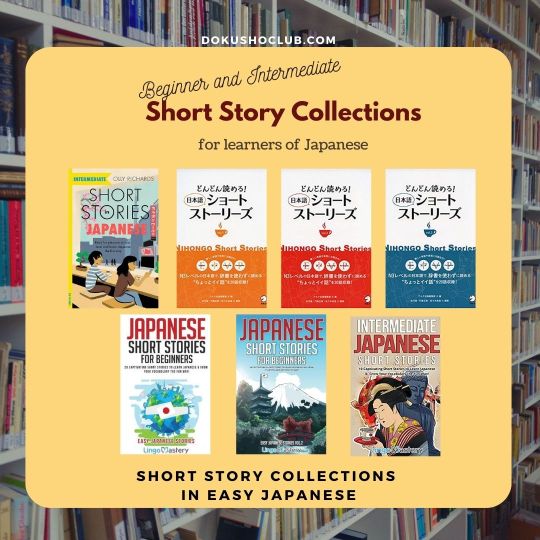
Japanese Short Stories with English Annotations

Parallel Readers
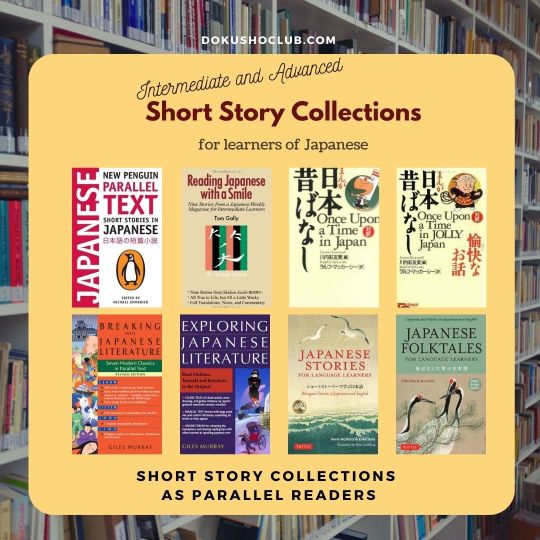
I give my more detailed thoughts on all these short story collections for learning Japanese in my blog post. You can find it here:
#my book reviews#reading in japanese#study japanese#learning japanese#japanese books#easy japanese#graded reader#intermediate Japanese#intermediate to advanced#Japanese classic literature#Japanese literature#Japanese short stories#native material#parallel reader#short story
247 notes
·
View notes
Text
Whenever I think of kohitsu-gire 古筆切, I cannot help but think how sad it is that books and scrolls ended up in pieces, scattered among different albums (手鏡 tekagami), with parts of works lost forever. But Kanechiku Nobuyuki 兼築信行 has a way of effortlessly turning such thoughts around.
In his essay 和歌とメディア ―古筆切、懐紙、短冊― ("Waka and Media: Kohitsu-gire, Kaishi, Tanzaku"), Prof. Kanechiku addresses this beautifully:
「こうした現象は、文化遺産の破壊とも言い得るが、見方を変えるならば、古い写本の一部分なりとも現物が、事故や災害や戦火をまぬがれ、現代まで伝わったことを評価することもできる。古筆切が残っていたことによって、全く失われたと考えられていた作品の一部や、異なる系統のテクストの存在が確認されるという事例は、数多くある。」(p. 165)
"The phenomenon of creating kohitsu-gire may be seen as the wanton destruction of important cultural assets, but from another perspective, it has allowed works to survive accidents, disaster, and wars to present day, if only in part. Numerous examples of works thought to have been lost completely, as well as previously unknown variants of known texts, have come to light because they survived as kohitsu-gire." (p. 379; trans. Scott Spears)
For the full essay, see Kanechiku Nobuyuki 兼築信行『和歌とメディア ―古筆切、懐紙、短冊―』 ("Waka and Media: Kohitsu-gire, Kaishi, Tanzaku"; trans. Scott Spears) in 『世界へひらく和歌 ―言語・共同体・ジェンダー―/ Waka Opening Up to the World: Language, Community, Gender』 (eds. Haruo Shirane, Kanechiku Nobuyuki, Tabuchi Kumiko, Jinno Hidenori; 2012)
1 note
·
View note
Text
Murakami has formulated some brilliant and profound philosophical concepts, BUT this guy writes about women with the mentality of an immature teenage boy who is being conditioned into misogyny. His understanding of women is WRONG on so many levels 🤨
#currently rereading Kafka on the shore#Sakura's character is written so poorly.#dark academia#chaotic academia#spilled words#spilled ink#qoutes#booklr#reading#classic academia#books and libraries#light academia#haruki murakami#literature#classic literature#english literature#japanese literature#books books books#book quotes#quotes#bookish#old books#books#bookworm#writeblr#japanese#dark academism#academia aesthetic#spilled thoughts#spilled writing
265 notes
·
View notes
Text
I’m reading the BSD manga and there are a lot of resources at the end of the volumes that are really interesting and give info about the real authors/works. I just finished V3. Here’s some of the highlights:
•Nakajima was notable for the fact that, while many of the other authors of his time wrote propaganda for the Japanese government, he didn’t
•Yosano wrote “Thou Shalt Not Die” for her brother who was fighting in WWII, telling him to not die for a government “seemingly all too eager to sacrifice its people” (Author Guide Part 1)
•Akutagawa has a literary prize named after him. The Akutagawa Prize is Japan’s highest literary award, basically like the Nobel Literature Prize or Pulitzer Prize in the US
•Izumi was a man. Demon Snow is inspired by one of his works, “Demon Pond”, which is a play condemning the loss of respect for nature. The snow part of Demon Snow comes from a dragon in the play named Shirayuki (white snow)
•Nakahara often took inspiration from French poetry styles. I’m assuming this is where the whole Verlaine is his brother(ish) who is also french thing comes from
#classic literature#japanese literature#these are facts about the actual authors#I just found them through the authors guide in BSD V3#Bungo stray dogs#bsd#bungou stray dogs#literature#atsushi nakajima#akiko yosano#ryuunosuke akutagawa#kyouka izumi#chuuya nakahara#crow’s fixated ramblings#bsd manga
55 notes
·
View notes
Text
Love was an action, an instinct, a response roused by unplanned moments and small gestures, an inconvenience in someone else’s favor.
- Michelle Zauner, Crying in H Mart
#quotes#books#literature#lit#classics#academia#light academia#dark academia#chaotic academia#book#book quotes#quotation#Michelle Zauner#Japanese Breakfast#Crying in H Mart#Nonfiction#Memoir
60 notes
·
View notes
Text
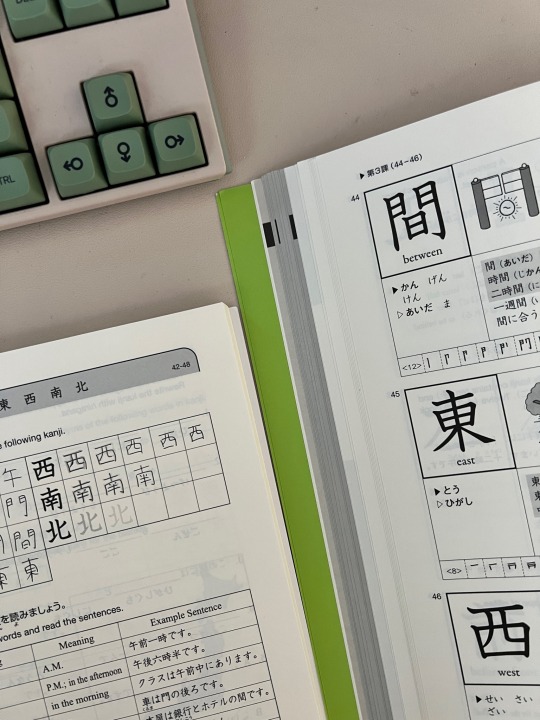
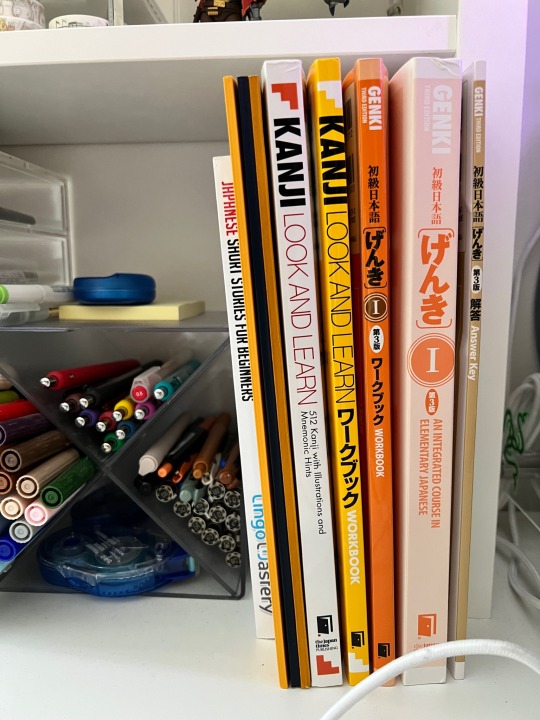
2023/12/22
yesterday i turned 21, which means i had to log onto all my socials and change my bio. it’s like a tradition at this point.
my pc is in shambles at the moment, so i’m back to doing some japanese ! ワンピースを読みます !
#lupusmaxima#dark academia#bookblr#chaotic academia#brown#coffee#beige#literature#studyblr#classical literature#japanese#learn japanese#langblr
153 notes
·
View notes